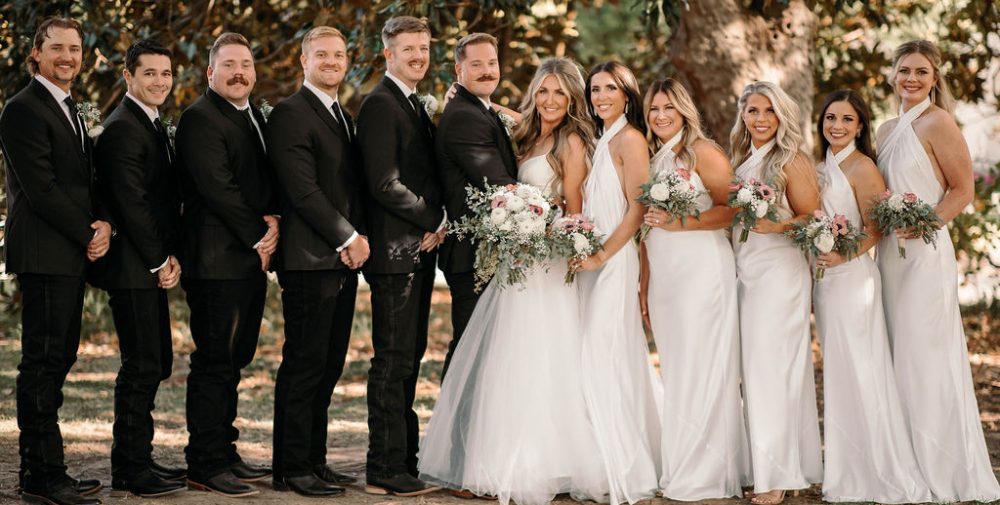 When planning an event, there are a million different questions that are thrown your way. One of the biggest and most important is where you will be holding your event?? In order to answer it you need to have the answers to so many other questions. To help you on your way to answering a few of these questions and choosing your venue, we have made a little list of things to consider while making your decision.
When planning an event, there are a million different questions that are thrown your way. One of the biggest and most important is where you will be holding your event?? In order to answer it you need to have the answers to so many other questions. To help you on your way to answering a few of these questions and choosing your venue, we have made a little list of things to consider while making your decision.
Size
When asking questions on size the first thing that comes to mind is how many people can the venue accommodate. If you plan on having 50 people at your event, you might want your venue to be able to hold seventy. If you plan on having 300, you might want the capacity to be 350-400.
What a lot of people miss when thinking about venue size has less to do with capacity and more to do with the physical size of the venue. These two things might seem synonymous, but the aren’t. It is important to ask questions like, how tight will the seating be? Will your guests be able to move freely through the venue space without any uncomfortable hindrances on their movement? How big does the space feel? Is it cozy and comfortable? Is it open and spacious? Two venues with the exact same max capacity might feel entirely differently based on room layout.
It is also important to consider any size accommodations that will be necessary for your event specifically. For example if you want to have food stations instead of a buffet is there room + guests? If you ask these questions when considering size, you will be on your way to ensuring perfect comfort at your event.
Cost
When planning an event, staying in budget is always one of the biggest concerns, so cost is obviously a factor when choosing your venue. Consider the time of year and the day of your event when planning for cost. One of the biggest ways to lower the price of a venue is to have your event on a day that is less sought after than others. You should also be aware of any additional services a venue offers, but we’ll touch on that later.
Location
The main thing to consider when it comes to the location of your event is how easily your average event attendee will be able to reach it. If most of your event guests will be “in-town” guests, then holding the event in close proximity to their homes or offices makes sense. The key to venue location is limiting the hassle your guests will have to face while traveling to your event. And for Tulsa, finding a route that is not under construction is the true challenge. I’m sure I’m not alone when I say I Wish I had the patent on orange cones and barrels.
Additional Services
Do you want to hire your own caterer or do you want the venue to handle it? Do you have all of the equipment you need for your event or will you need the venue to supply it? Does the venue have its own setup/cleanup crew or will you need to hire someone to take care of it? All of these questions should be asked before you choose your event venue and should also be considered when looking at cost. If one venue can take care of 5 things you would have to handle otherwise, it might be worth spending a little extra money on.

Mood/Ambiance
Perhaps the least technical (but by no means least important) aspect of a venue to consider is how well it matches the mood or ambiance you wish to establish. If you are hosting a Fundraiser Gala, you probably want a venue that has an extravagantly fancy feel to it. If you are throwing a company (family) party, you are going to want your venue to be less formal and more fun. Think hard about the message you are trying to send to your event guests and how you can get it across with the environment you choose for your event.
Now you are well on your way to finding your perfect venue. Still need a little extra help narrowing down the potions, we are here to help. Contact us at sharon@tulsaweddings.com



 While there are some wedding etiquette “rules” that may feel outdated (for example, seating guests on opposite sides at the ceremony, depending on their relationship with the couple), there are some tried-and-true wedding etiquette standards that are still around for very good reasons. The good thing is you have the freedom to pick and choose which traditions are important to you both.
While there are some wedding etiquette “rules” that may feel outdated (for example, seating guests on opposite sides at the ceremony, depending on their relationship with the couple), there are some tried-and-true wedding etiquette standards that are still around for very good reasons. The good thing is you have the freedom to pick and choose which traditions are important to you both.